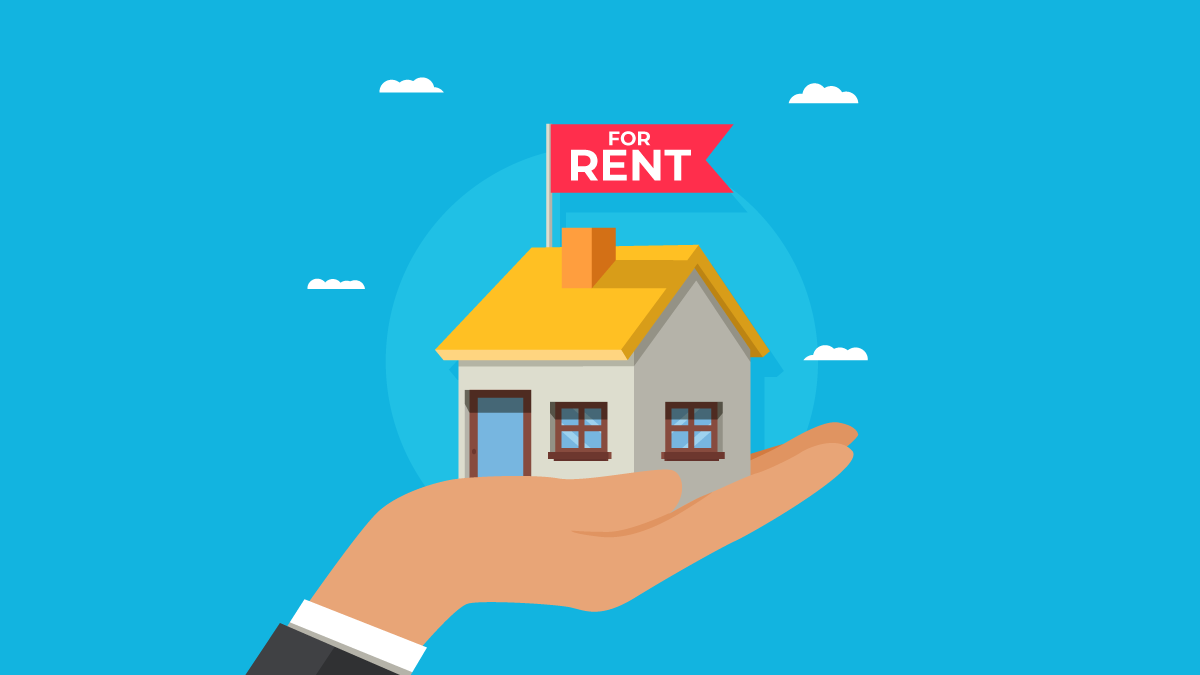
You’ve invested in a rental property to generate extra income. You naturally want to ensure that it is protected so that you can profit from this investment for years to come, whether it’s for your retirement or contributing to your nest egg. Regardless of what it’s for, your rental asset should be earning you money and causing you to lose it. If you’re looking for ways to protect your rental asset, this article is for you.
Rental Income Guarantee
Your property is leased to another party, for which they agree to pay a sum of money on a regular basis. However, there are times when a renter may not be able to pay the rent, perhaps because they have lost their job or are unable to work because of illness or an accident. Certain situations are beyond the control of anyone, however, your property is a rental investment, and nonpayment of rent will inevitably impact the income you expect to receive from it. If this money is your source of income, it could even impact your ability to pay creditors. As a landlord, you can have some protection from nonpayment of rent by taking out appropriate insurance.
Rental income guarantee insurance is a form of protection a landlord can use to protect them from when tenants default on paying their rent. By paying a monthly premium, you would be covered from any gaps in your receiving regular rent payment up to a certain sum. This would allow you time to seek legal advice before you are adversely affected. With renting increasing in America, it is important to note that it takes approximately forty-two weeks, which is around ten months, to evict a tenant. Therefore making this type of insurance invaluable.
Property Damage Protection
It is inevitable that over time, your rental property may be subjected to general wear and tear. If you’re fortunate enough to have a good tenant, they will more than likely repair your rental asset because it is their home and they take pride in where they live. However, there are some instances where tenants may deliberately seek to damage your property, perhaps if you’re evicting them, knowing that it will cost you money to repair it.
When a tenant feels they have nothing left to lose in this type of situation, they can potentially cause damage that will not only cost you to repair but delay you renting the property again, which will also cause you to lose income. Repairing this type of damage will often go beyond general wear and tear, which can be devastating to a landlord, especially if the damages are extensive and are going to cost thousands to repair. It could even possibly result in legal action if the damage can be proven to be caused by negligence or wilful damage.
You can protect yourself from paying out potentially obscene amounts of money for unforeseen repairs by taking out protection from property damage for a monthly fee. The amount of financial protection will vary from company to company, as will the type of cover they provide, so it’s always worth doing some research to ensure you are happy with the cover you eventually choose.
Eviction Protection
You may need to evict your tenant for a number of reasons, whether it is nonpayment of rent or wilful damage to property. This can be costly due to the length of time it takes to file papers at court, serving documents, various fees, and anything else that may unexpectedly arise. This will also impact when you will gain repossession of the property so that you can repair it, if need be, and eventually rent it again. Tenants that cannot pay rent will often be unable to move to another property so will naturally want to stay in yours for as long as legally possible.
Unfortunately, no one can definitively know whether a tenant will be good or bad, meaning eviction could be actioned for a number of reasons, including nonpayment of rent and contravening other things agreed in the tenancy, such as having a pet, causing your property to fall into disrepair or undertaking criminal activity in it. However, you can be protected from anything untoward which may affect your rental income in this regard by paying for cover with an eviction payment plan. This will cover costly court costs, which will prevent disruption to your cash flow, providing you with invaluable protection.
With research showing tenants often feel their landlords are richer than them, many do not understand the financial ramifications that landlords can experience are just as dire as them being unable to afford to pay rent. Some are unaware that renting a property may not be an investment but a sole source of income for their landlord. But regardless of your financial situation, you lease your property on the understanding it will be looked after and if not, you should not lose money when trying to remedy the situation. Therefore, having the relevant protection will ease the financial burden in what will already be a stressful situation when trying to protect your rental assets and is something that you should consider before you enter into a contract with a potential tenant.




